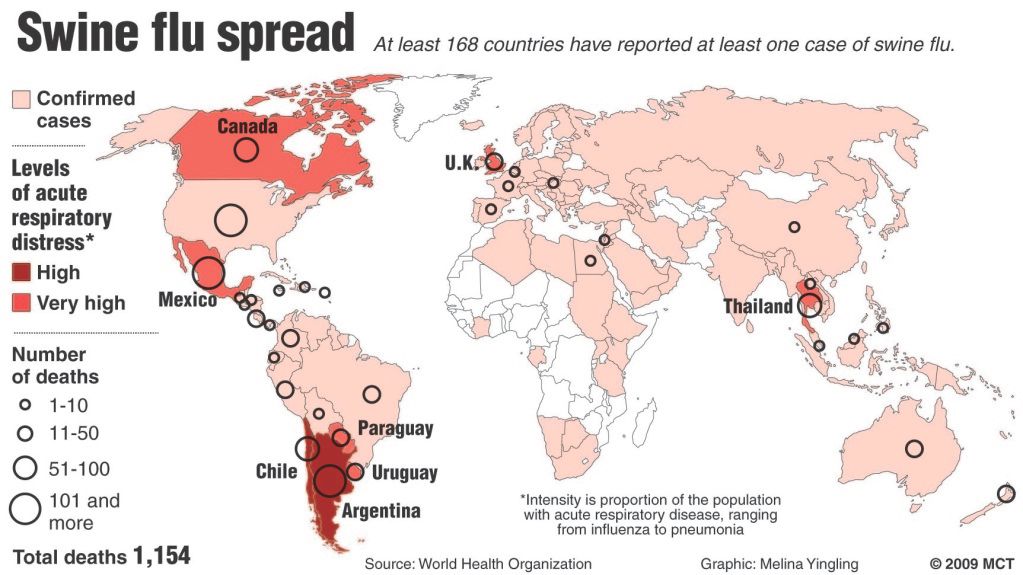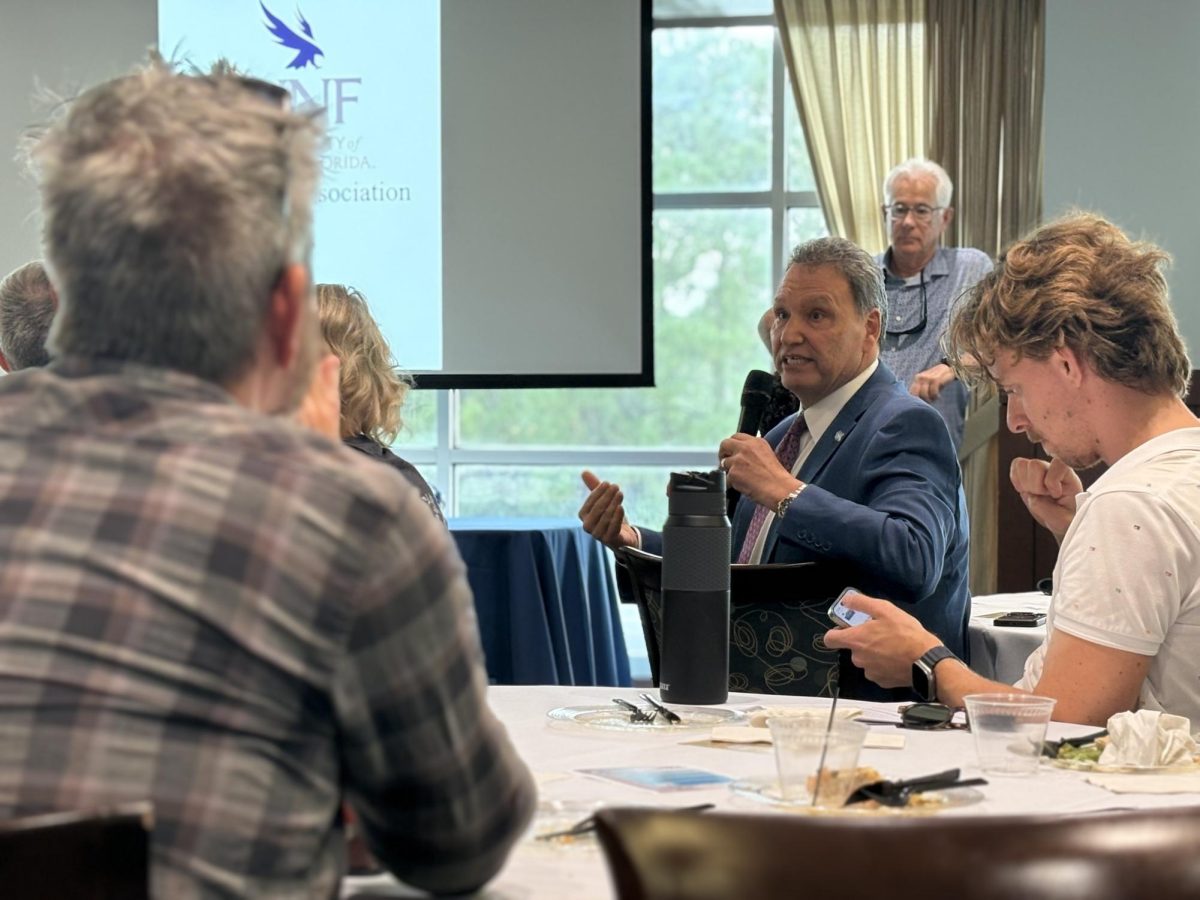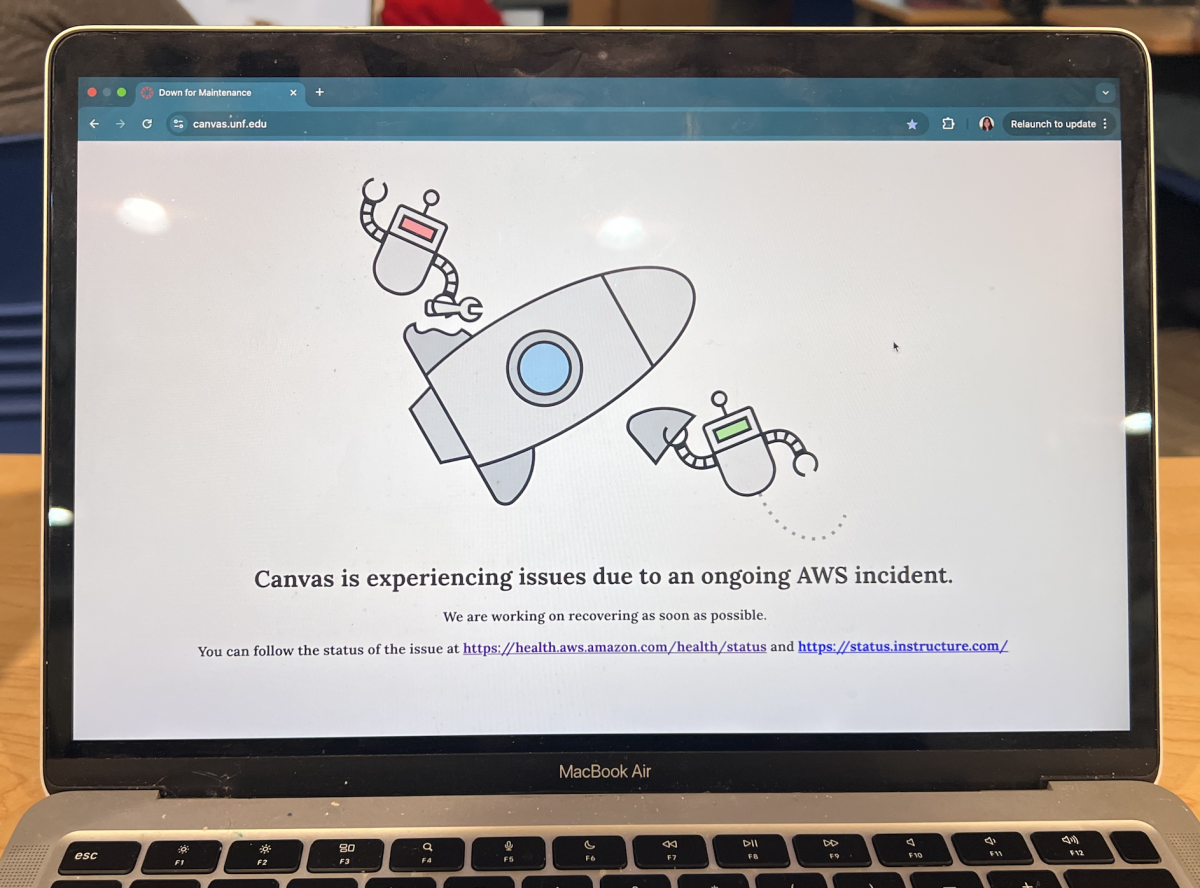There have been three deaths confirmed in Jacksonville this month with cases of the H1N1 virus, casually known as the swine flu.
Not much information was released about the three women fallen victim to the H1N1 virus except for the fact that they were 30, 33 and 43 years old.
These three fatalities raise the Jacksonville death toll to four and elevates the total number in Florida to 48. The Florida Department of Health said 536 confirmed cases of H1N1 appropriated hospitalization as of Aug 12.
More than two million people are estimated to have contracted the flu in the U.S.; 7,511 had been hospitalized and 477 had died as of Aug. 13. On a world level, 177, 457 people have been confirmed with the disease, and 1,462 deaths had been reported as of Aug. 12, according to the World Health Organization.
With approximately 55 million U.S. children heading back to school in the coming weeks, angst about the virus spreading like wild fire is growing.
“Well, I think one of the most important things is reassuring folks that the overwhelming majority of individuals will recover pretty uneventfully from H1N1, but anytime there is death linked to a disease we must take it seriously,” UNF Chief Medical Officer Dr. Frederick Beck said.
Local health departments claim that they expect an H1N1 vaccine to be available this fall and are aiming to start regular flu vaccinations as soon as shipments of the seasonal flu vaccine arrive at the end of the month so they can begin to zero in on the H1N1 vaccinations as soon as they become available.
The Centers for Disease Control and Prevention is recommending that up to 159 million Americans get an H1N1 flu shot, especially those who are pregnant and children under 6 months of age. Approximately 120 million doses will be available, although this will not be enough for the entire at-risk group.
“Especially for those young, sexually driven college students, they need to understand that women who are pregnant are four times more at risk of contracting H1N1 than those who aren’t. Also, anyone else who has any underlying chronic disorders such as asthma or heart and lung problems are more susceptible to the virus than others,” Beck said.
About 70 percent of those hospitalized and around 80 percent of those who have died in the U.S. had underlying medical conditions, according to the CDC.
It is suspected that fewer may receive the shot because some will most likely need two doses of the vaccine. In total, predicted immunization rates are suspended at around 40 percent, so officials aren’t entirely unsettled, according to the CDC.
As far as public school sectors closing because of the virus, the CDC is telling local health and school officials the decision is up to their discretion. Closure is recommended only if a campus is swarming with cases of H1N1 or if its students have worrisome, underlying health conditions.
“Because of the university-wide concern, officials are talking seriously about installing hand sanitizer dispensers around campus for prevention,” Beck said.
Public health officials are monitoring the disease carefully, but scientists denote a few hopeful signs: The new H1N1 virus does not have gene sequences that made the 1918 flu virus so deadly, and it hasn’t mutated into a more-virulent form despite its agile spread.
But in order to prevent the whole process in the first place, it is important to stay home and stay away from others if you’re feeling under the weather. Also, cover your cough and wash your hands frequently, especially after a sneeze. If you acquire the classic H1N1 flu symptoms — fever, body aches, sore throat, nausea, runny nose, vomiting — go ahead and see the doctor.












HSA | Sep 14, 2009 at 3:54 pm
I wonder how much of this is the media stirring things up?
Lincoln B
Hsa